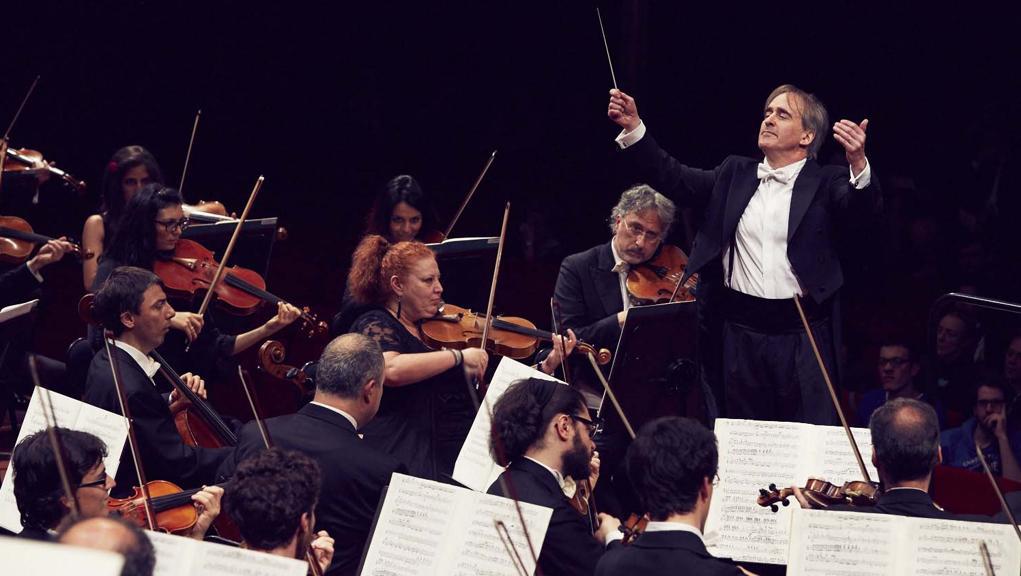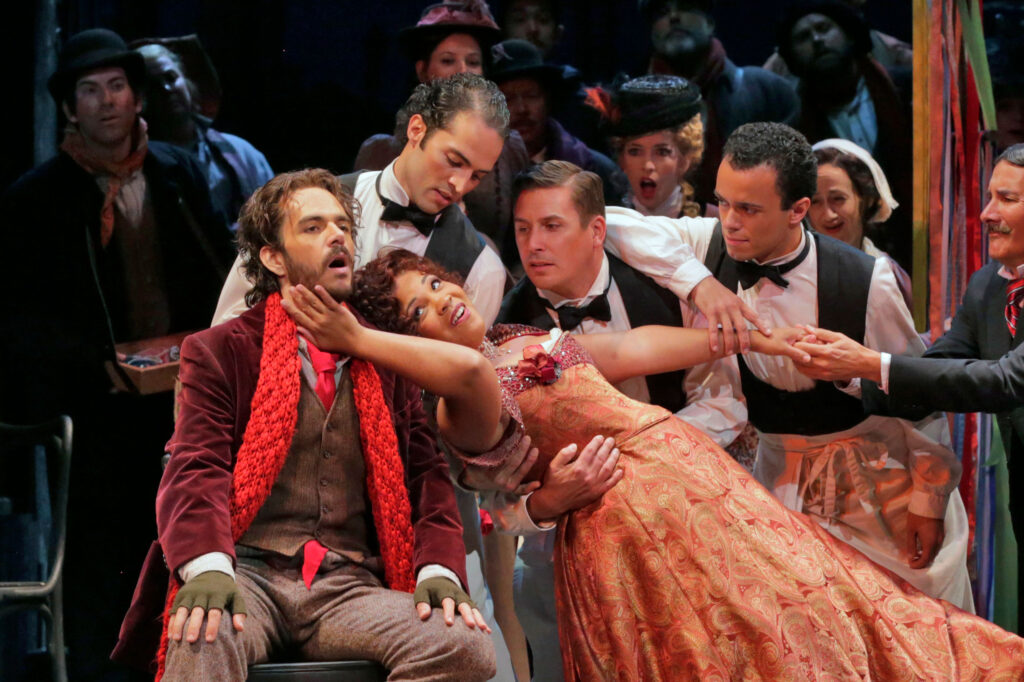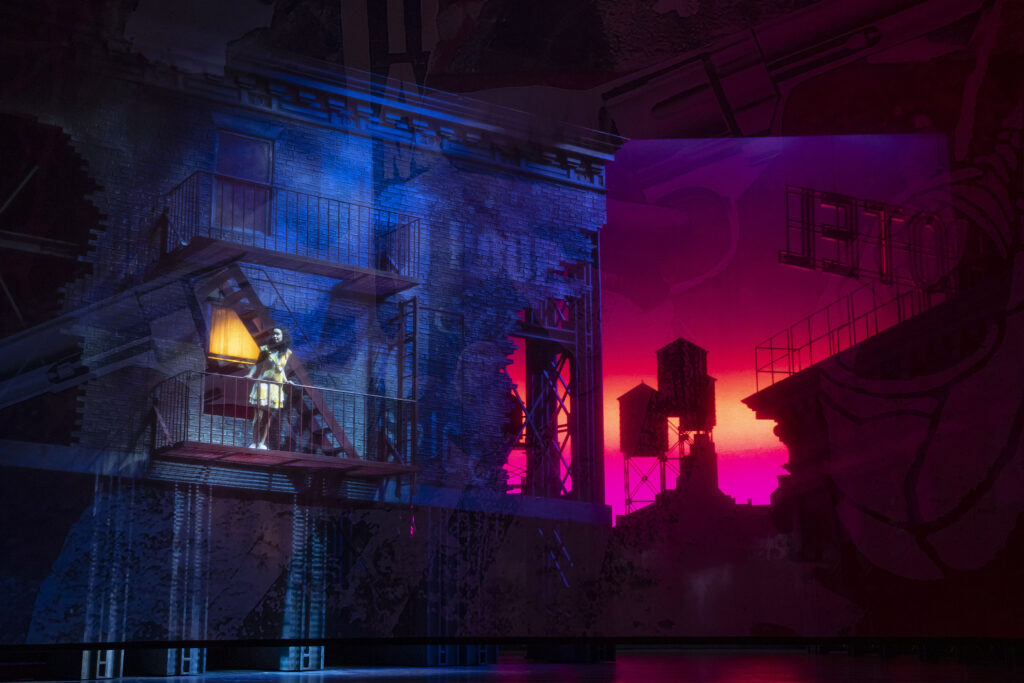
Tradition: Why? Why not? Do we really have to choose?
Tradition: Why? Why not? Do we really have to choose? Originally published December 2020. Tradition. Do we observe it? Some of us do. Do we disdain it? Others do. Are we enslaved by it? I hope not. Must we abolish it? I say no. Why do we need it? I’m not sure what the answer is, but based on the evidence, it seems we do. The fact is we needn’t {…}


